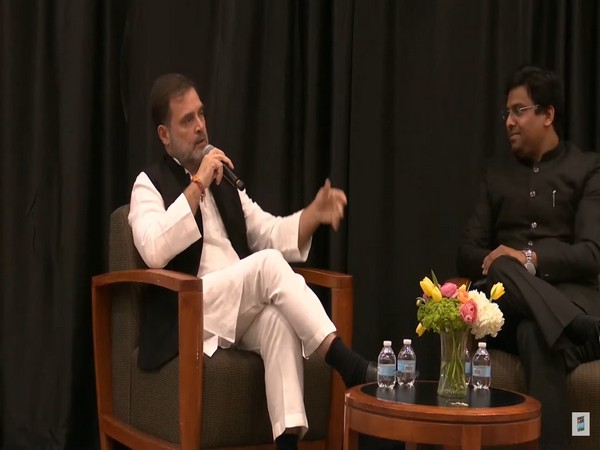Rahul Gandhi Advocates Love in Politics; Stresses on India's Shift to Manufacturing
Rahul Gandhi, Leader of Opposition in Lok Sabha, discussed the implications of Bharat Jodo Yatra at the University of Texas, Dallas. He emphasized introducing 'love' in politics and the need for India to reclaim its role in global manufacturing to combat unemployment and avoid social unrest.

- Country:
- United States
Rahul Gandhi, the Leader of the Opposition in Lok Sabha, during an interaction at the University of Texas, Dallas, emphasized the novel idea of 'love' in politics introduced by the Bharat Jodo Yatra. Gandhi explained, 'The reason [behind conducting Bharat Jodo Yatra] is that all avenues of communication in India were shut. Our parliamentary speeches weren't televised, and the media ignored us. Even legal avenues yielded no results. Thus, we decided to embark on a nationwide walk to directly communicate with people.'
'Surprisingly, it went easy and fundamentally changed my perspective on politics and communication. For the first time in India, possibly worldwide, we introduced 'love' into political discourse, traditionally dominated by hatred and corruption,' he added.
He also spoke about the urgent need for India to reimagine its production capabilities. 'India can't continue letting manufacturing be the reserve of countries like China, Vietnam, or Bangladesh. This approach has led to high unemployment rates and social problems. We must reclaim our role in global manufacturing,' Gandhi said, stressing that producing goods is crucial for job creation and reducing social unrest. He noted that while places like the West and India face unemployment challenges, countries like China and Vietnam do not, highlighting the importance of production in solving employment issues globally.
(With inputs from agencies.)










